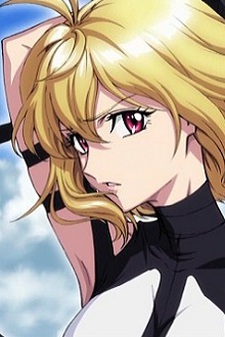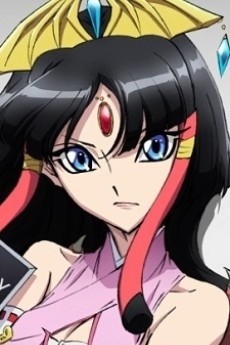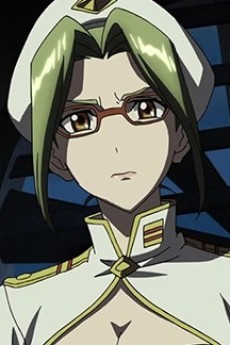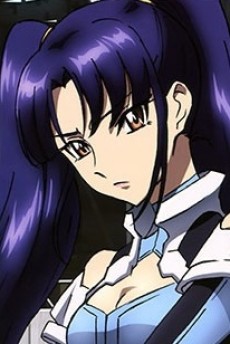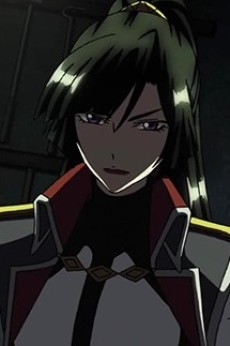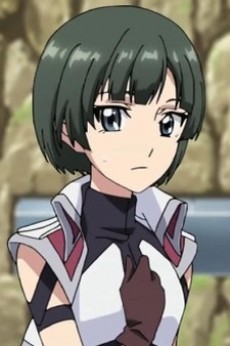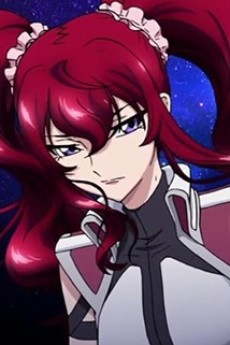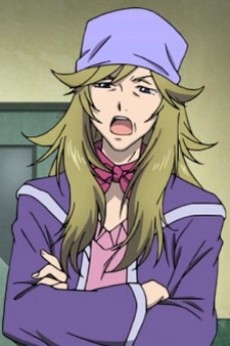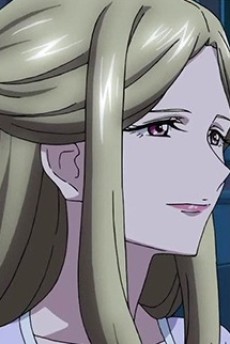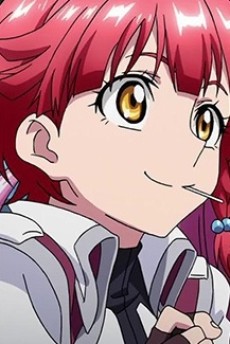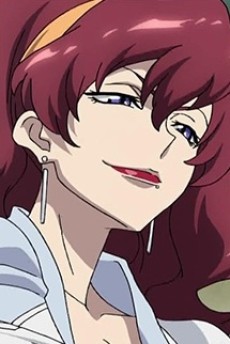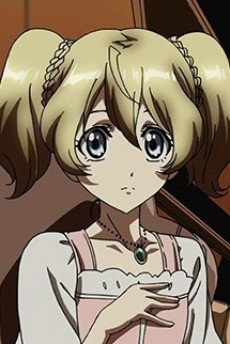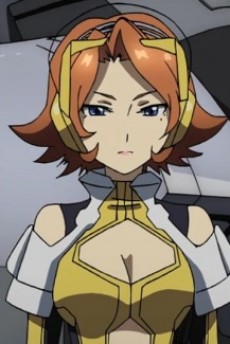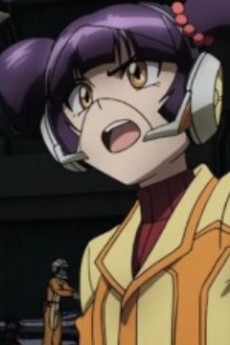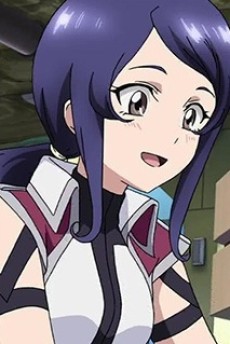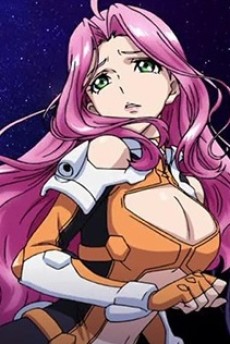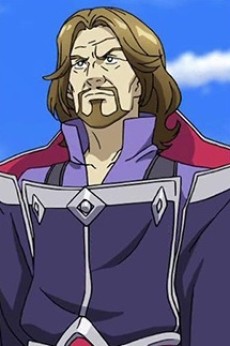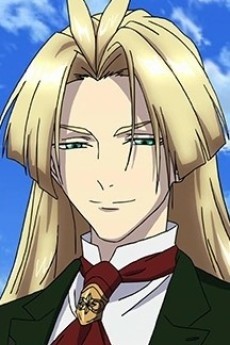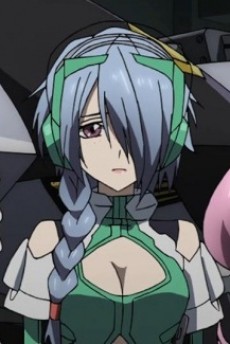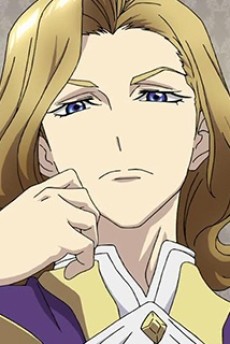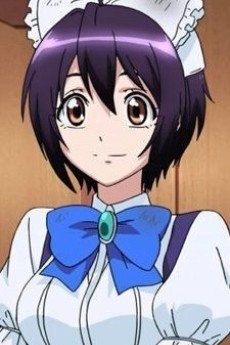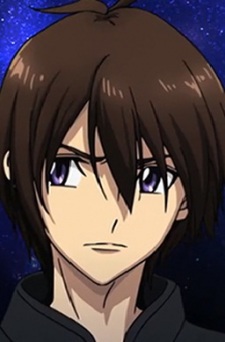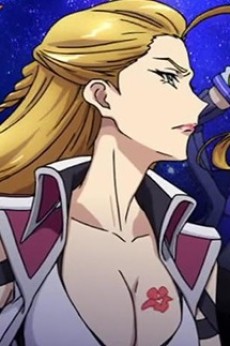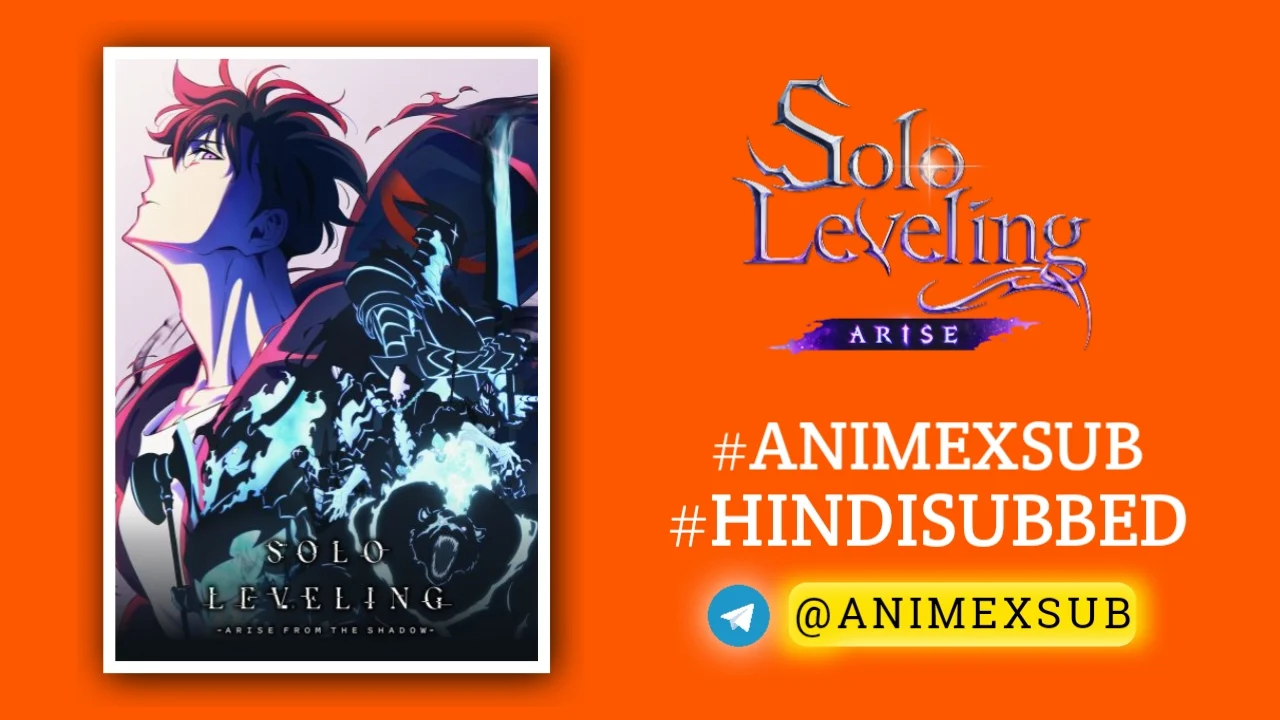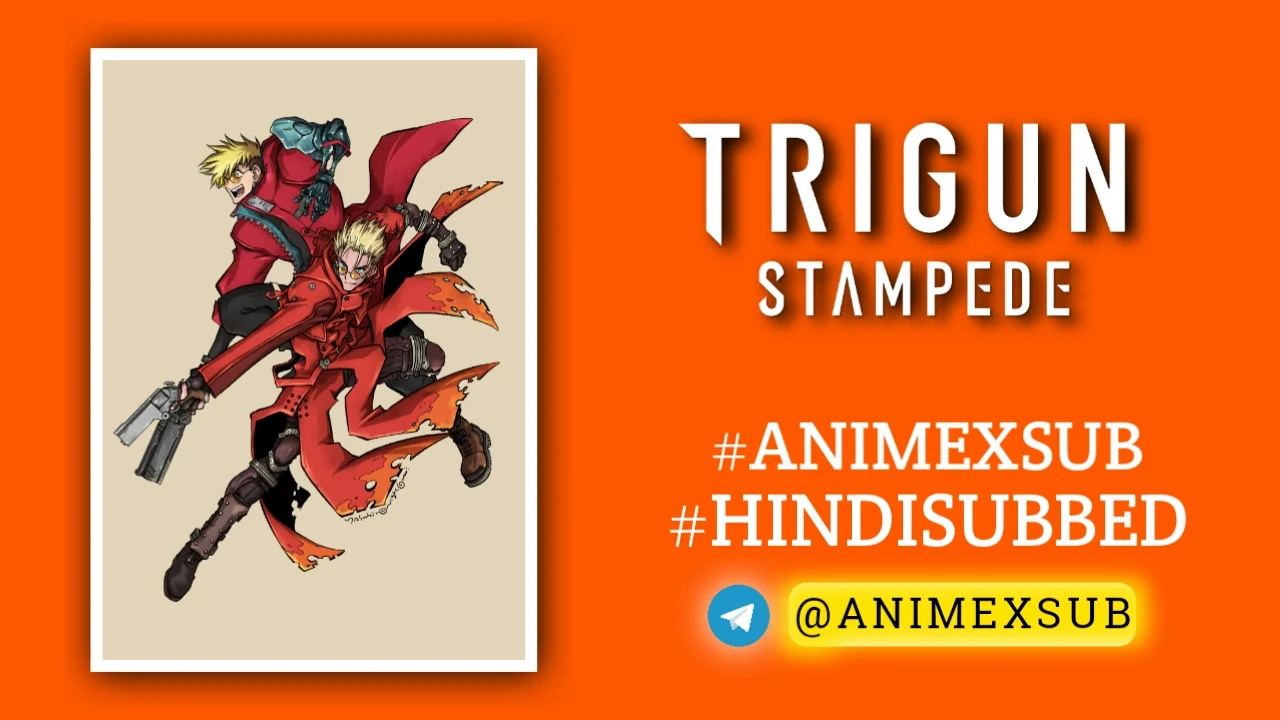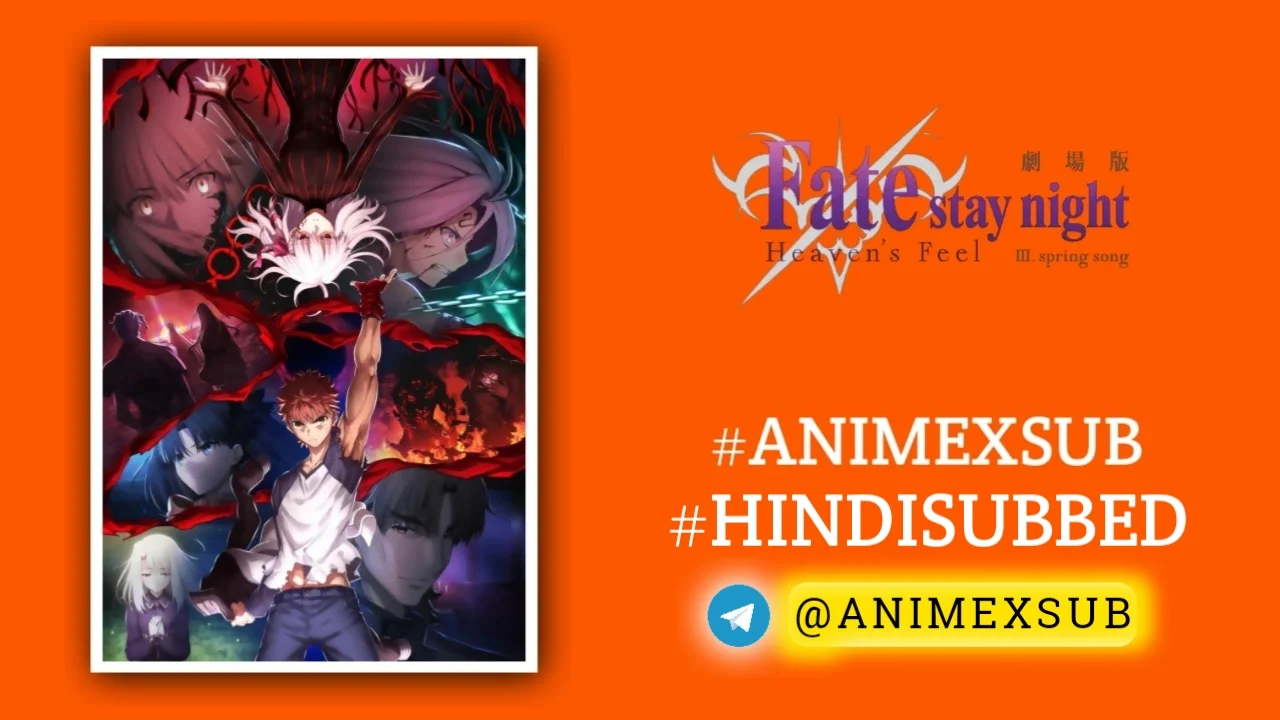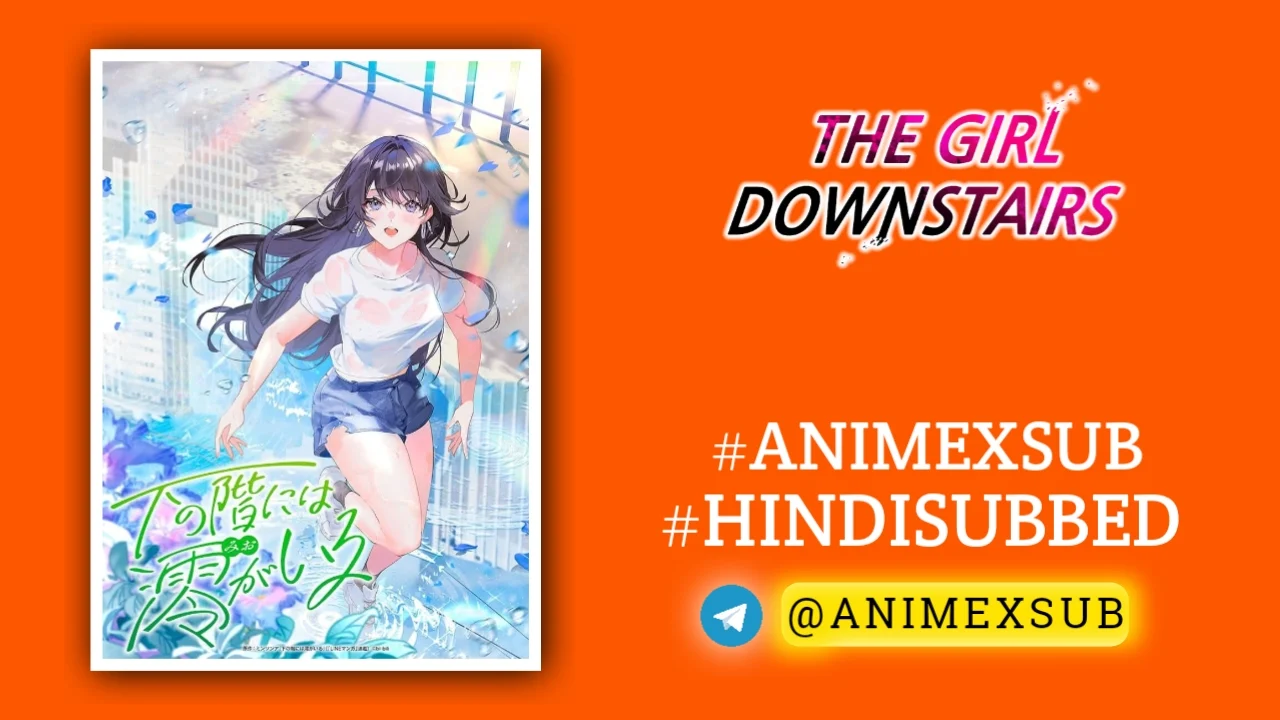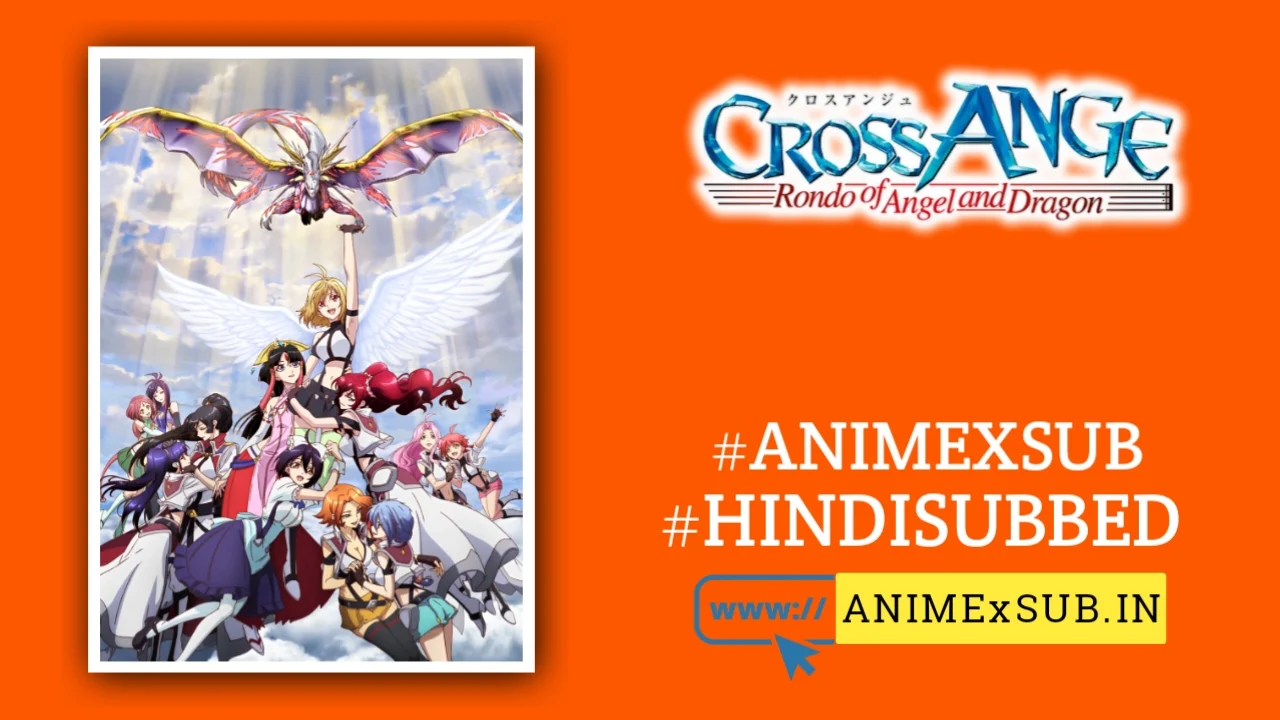
Cross Ange: Rondo of Angel and Dragon Hindi Subbed [12/25] | Cross Ange: Tenshi to Ryuu no Rondo Hindi Sub
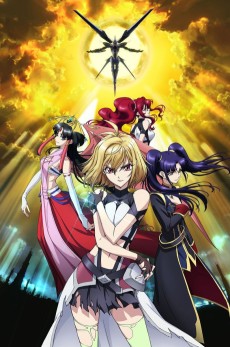
Cross Ange: Tenshi to Ryuu no Rondo
Cross Ange: Rondo of Angel and DragonSynopsis
Betrayed, stripped of her birthright, and declared less than human. Everything that Princess Angelise Ikaruga Misurugi of the Misurugi Empire thought she knew about her world was a lie. Now, for the crime of not being able to use magic, she’s been sentenced to certain death as a slave-soldier. The girl now known as Ange is no longer an innocent Princess: she’s learning how to kill draconic invaders, defending the same traitors who stole her life. However, they made a fatal mistake: they gave her access to an incredible weapon. (Source: Sentai Filmworks)
Watch Trailer
Characters
Cross Ange: Rondo of Angel and Dragon Season 1 – A Provocative Dive into Dystopia, Mecha, and Redemption
Cross Ange: Rondo of Angel and Dragon Season 1 is a polarizing yet unforgettable anime that blends mecha action, dystopian world-building, and raw emotional depth into a narrative that’s as challenging as it is compelling. Produced by Sunrise, known for Mobile Suit Gundam, this 25-episode series (2014-2015) takes bold risks, weaving a story that’s equal parts thrilling, uncomfortable, and thought-provoking. It’s a show that doesn’t shy away from confronting its audience with harsh realities, flawed characters, and a critique of societal prejudice, all while delivering high-octane battles and intricate character arcs.
A World Divided: The Premise
Set in a futuristic world powered by Mana, a magical technology that fuels everything from daily life to military might, Cross Ange introduces a stark class divide. Those who can wield Mana live in utopian comfort, while the Norma—humans born without Mana—are branded as subhuman, stripped of rights, and exiled to fight interdimensional dragons in mecha suits called Para-mails. The story follows Princess Angelise Ikaruga Misurugi, whose idyllic life shatters when she’s exposed as a Norma on her 16th birthday. Stripped of her title, betrayed by her family, and sent to the brutal military outpost of Arzenal, she becomes Ange, a reluctant warrior navigating a world that despises her.
This premise sets the stage for a narrative that’s less about heroic triumphs and more about survival, identity, and defiance in the face of systemic oppression. While it borrows elements from Code Geass (royal downfall, mecha warfare) and Dragonaut: The Resonance (dragon battles), Cross Ange carves its own path with a raw, unfiltered approach to its themes.
Ange: A Flawed Heroine’s Evolution
Ange’s journey is the heart of Season 1, and it’s a slow burn that demands patience. Initially, she’s an unlikeable protagonist—arrogant, prejudiced, and clinging to her royal privilege. Her fall from grace is jarring, marked by brutal humiliations and betrayals that force her to confront her biases and rebuild herself. Unlike typical anime heroes, Ange’s growth isn’t linear or immediately redemptive. She remains abrasive and defiant for much of the season, her transformation unfolding gradually as she forms uneasy alliances with fellow Norma pilots like Hilda and Salia. This unhurried arc, while frustrating for some, feels authentic, reflecting the psychological toll of her circumstances. By the season’s end, Ange emerges as a resilient, self-reliant figure, though still flawed, making her one of the most human protagonists in recent mecha anime.
Themes That Cut Deep
Cross Ange doesn’t just entertain—it provokes. The series tackles discrimination head-on, drawing parallels to real-world issues like racism and classism. The Norma’s ostracization mirrors historical scapegoating, with Mana users’ blind hatred fueled by propaganda and fear. This societal critique is amplified by the show’s willingness to explore moral ambiguity. No character is wholly good or evil; even the villainous Embryo, introduced later, has motives that challenge simplistic judgments. The series also delves into identity, resilience, and the cost of vengeance, asking whether survival in a cruel world demands compromising one’s humanity. These themes elevate Cross Ange beyond its genre trappings, though their heavy-handed delivery can feel overwhelming.
Mecha and Dragons: A Visual Spectacle
Sunrise’s expertise shines in the animation, particularly the mecha battles. The Para-mails, especially Ange’s Vilkiss, are sleek and dynamic, transforming seamlessly between robot and flight modes. Dragon battles are chaotic and visceral, with vibrant designs that contrast the gritty human drama. Akiko Shikata’s soundtrack, blending operatic vocals with intense instrumentals, amplifies the emotional stakes, from the haunting “Endless Song” to pulse-pounding battle themes. However, the animation budget occasionally falters, with inconsistent character designs and reused frames in less critical scenes. Still, the visual and auditory spectacle makes every dragon fight a highlight.
The Controversy: Fan Service and Shock Value
Cross Ange courts controversy with its explicit content—fan service, sexual violence, and graphic brutality. Scenes of Ange’s mistreatment at Arzenal, including a harrowing assault in the first episode, are designed to shock, and they do. The fan service, from skimpy pilot outfits to suggestive character interactions, often feels gratuitous, risking alienation of viewers who might otherwise engage with its deeper themes. Yet, there’s an argument that this rawness serves the story, exposing the dehumanization of the Norma and Ange’s loss of agency. Whether this justifies the execution is divisive; for every viewer who sees it as integral to the narrative, another finds it exploitative. This tension makes Cross Ange a gamble—one that either captivates or repels.
Secondary Characters: Depth Amid Chaos
The supporting cast adds layers to the story, though not all are equally developed. Hilda, a cynical Norma pilot, evolves from Ange’s rival to a complex ally, her own betrayal by her family mirroring Ange’s. Salia’s obsession with proving herself through the Vilkiss highlights the desperation for validation in a world that discards them. Characters like Momoka, Ange’s loyal maid, and Tusk, a mysterious ally, bring lighter moments but can feel one-dimensional. The dragons, revealed to have their own motives, add intrigue, though their full significance unfolds late in the season. While the ensemble is strong, the sheer number of characters sometimes dilutes focus, leaving some arcs underdeveloped.
Why It Stands Out
Cross Ange isn’t flawless. Its pacing stumbles in the early episodes, and the reliance on shock value can overshadow its strengths. Yet, its willingness to take risks—blending mecha action with unapologetic social commentary and a flawed, evolving heroine—sets it apart. It’s not a feel-good anime; it’s a raw, messy exploration of a world that mirrors our own prejudices and power struggles. For those who can stomach its intensity, it offers a narrative that lingers, challenging assumptions about heroism, morality, and redemption.
Final Verdict
Cross Ange: Rondo of Angel and Dragon Season 1 is a bold, divisive gem that thrives on its audacity. It’s a rollercoaster of emotions, blending exhilarating mecha battles, a richly flawed protagonist, and biting social critique with a heavy dose of controversy. If you’re drawn to anime that push boundaries and don’t shy away from discomfort, this series is a must-watch. But for those sensitive to explicit content or seeking lighter fare, it might be a tough sell. Either way, it’s a show that demands discussion, leaving an indelible mark on the mecha genre.
Watch it for: Ange’s gritty transformation, stunning mecha battles, and unflinching social commentary.
Skip it if: Graphic content or uneven pacing is a dealbreaker.
Where to watch: Available on Blu-ray/DVD via Sentai Filmworks or streaming on platforms like HIDIVE or ANiMExSUB.
Support Our Anime Community!
Love watching the latest anime? Help us keep uploading new episodes by join telegram channel ❤️
Join Now!